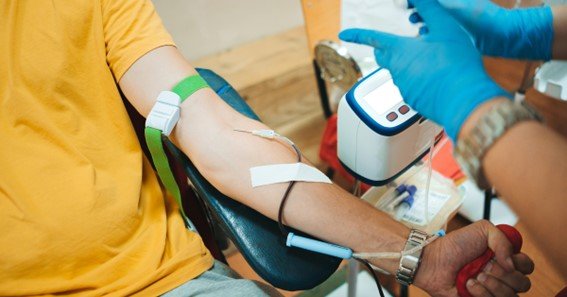If you’re wondering, how much does lab work cost without insurance, you’re not alone. Lab tests are essential for monitoring health, diagnosing illnesses, and guiding treatment decisions, but the prices for lab work can vary significantly when you’re uninsured. This article provides insights into lab work expenses for those paying out of pocket, including factors affecting costs and options to help you save.
Understanding the Cost of Lab Tests Without Insurance
When you need lab work and don’t have insurance, the cost of lab tests without insurance can range widely based on the type of test, location, and where you go for services. In general:
- Basic blood tests like a Complete Blood Count (CBC) can cost between $10 and $150.
- Specialized tests like lipid panels, thyroid tests, and metabolic panels may range from $30 to $400.
- Comprehensive panels that combine several tests can range from $100 to over $1,000, depending on the complexity.
Factors Affecting Lab Work Cost Without Coverage
Several factors impact the price of lab work without insurance, including:
- Type of Test: Routine tests like CBCs are generally affordable, while specialized tests, such as hormone panels, can be more expensive.
- Lab Location: Prices vary significantly based on whether you go to a private lab, hospital, or independent testing center.
- Testing Facility: Lab work done in hospitals often costs more than at independent labs.
- Region: The cost of lab work varies by region, with urban areas typically having higher rates than rural areas.
Affordable Lab Testing Options for the Uninsured
If you need affordable lab testing options, there are several ways to lower your costs:
- Online Lab Testing Services: Services like Walk-In Lab and HealthLabs allow you to order lab tests at discounted rates, often 20% to 80% less than in traditional labs.
- Community Health Clinics: These clinics offer lab tests at reduced rates or a sliding scale based on income.
- Direct-to-Consumer Labs: Companies like QuestDirect and LabCorp OnDemand provide direct access to lab tests without needing a doctor’s referral, often with upfront pricing for uninsured patients.
Average Lab Fees for Uninsured Patients
The average lab fees for uninsured patients can be difficult to pin down due to variability, but typically, a standard lab test panel might range between $100 to $500 without insurance. Specialized testing or additional panels can add up quickly, so it’s worth exploring options to save.
Lab Work Pricing for Self-Pay Patients
For self-pay patients, lab work prices can be more predictable, as many labs offer upfront pricing and discounts for uninsured customers. Additionally, payment plans may be available for more costly tests, making the lab work pricing for self-pay patients more manageable.
FAQ
1. How much does lab work cost without insurance?
The cost varies widely. Basic blood tests can cost between $10 and $150, while more comprehensive panels may range from $100 to over $1,000.
2. Are there cheaper lab test alternatives for uninsured patients?
Yes, options like online lab testing services, community health clinics, and direct-to-consumer labs offer discounted rates for uninsured patients.
3. Can I get lab tests without a doctor’s referral?
Yes, many direct-to-consumer labs, such as QuestDirect, allow you to order tests without a referral, providing upfront pricing.
4. What factors affect the price of lab work without insurance?
Test type, lab location, facility, and region all impact costs. Hospitals often charge more than independent labs or testing centers.
5. Are there payment plans available for lab work without insurance?
Many labs offer payment plans or discounts for uninsured patients to make lab work costs more manageable.
When considering how much are medical lab tests without insurance, knowing your options can make all the difference. Whether you’re looking for cheap lab test alternatives or the average lab work pricing for self-pay patients, this guide provides the essential information to help you find affordable testing solutions and manage your healthcare costs effectively.










